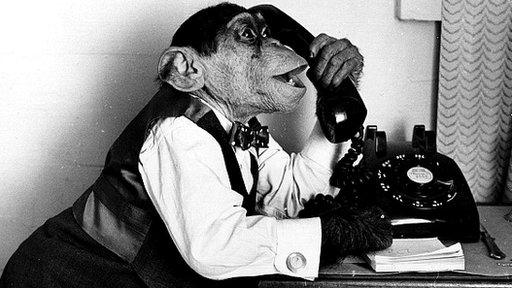Tech 2015: BBC News Online's biggest technology stories
- Published
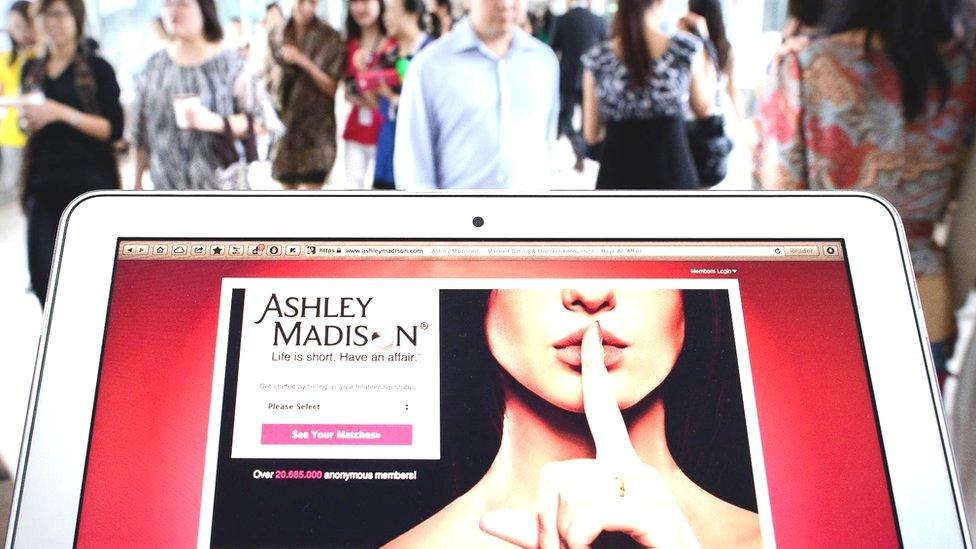
The Ashley Madison hack made headlines across the world - and ruined some lives
Part of the fun in following the tech scene is that there's always so much new stuff to read about.
And 2015 has been a very busy year indeed.
Its highlights have included a series of mega-launches, including the well-received Windows 10, the curved Galaxy S6 smartphone, the Apple Watch and a Tesla car with doors that opened upwards.
Meanwhile, amongst the lowlights were hack attacks of the Ashley Madison infidelity service, the toymaker Vtech and the US government's Office of Personnel Management.
The Kickstarter-funded Zano mini-drone project also collapsed, Lenovo infected its laptops with spyware, and a security researcher was banned from flights after he tweeted he might be able to hack them.
The online giants were also busy: Jack Dorsey took back control of Twitter; Google faced anti-competition allegations from the EU; and Facebook was threatened with having its data transfers blocked between the EU and the US.
But they weren't necessarily the most read stories.
Below we list the most popular tech article for each month of the year based on our own internal click-counting tools. Did you read them all first time round?

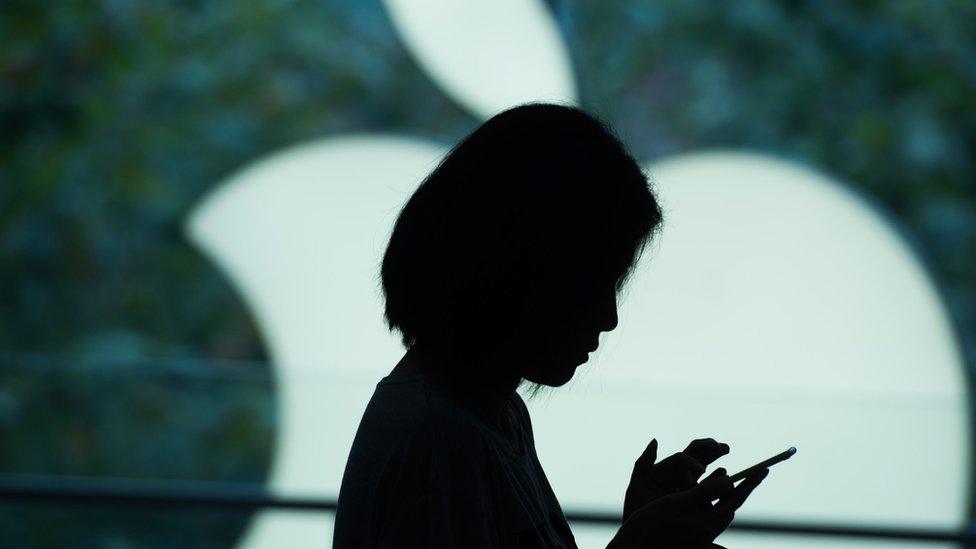
It was a troubled start to the year for the world's highest-valued tech firm.
Apple was sued by two Americans who claimed that the latest version of its mobile operating system was so large that iPhones and iPads had less spare space for users' own data than had been advertised - a particular problem, they said, for bottom-of-the-range devices.
As a result, the plaintiffs alleged, device owners had to subscribe to the firm's fee-based iCloud storage system.
Apple sought to have the case dismissed, but it is still rattling around the US legal system with the most recent papers filed by both sides in November.

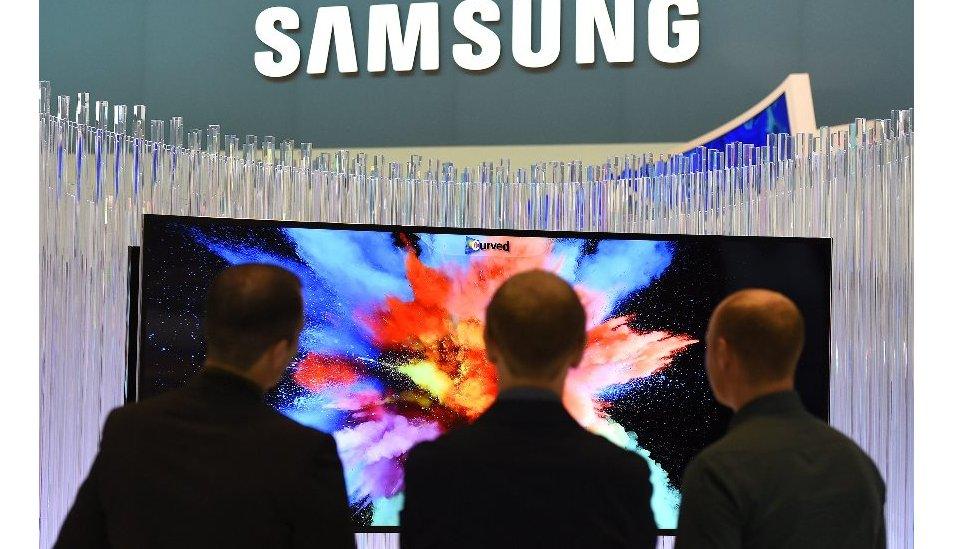
Samsung raised more than a few eyebrows when documentation for its smart TVs warned owners that they might transmit "personal or other sensitive information" spoken in front of them to a unnamed "third party".
Unsurprisingly, many found the idea of the TVs spying on their private conversations more than a little unnerving.
The firm attempted to allay concerns by making it clear that it was only referring to speech captured by its TV remotes, and not its screens, and that the third-party in question was the voice recognition tech provider Nuance.
But those efforts were somewhat undone when it was later revealed that the voice uploads were being transmitted in an unencrypted form, potentially making it easier for hackers to listen in.

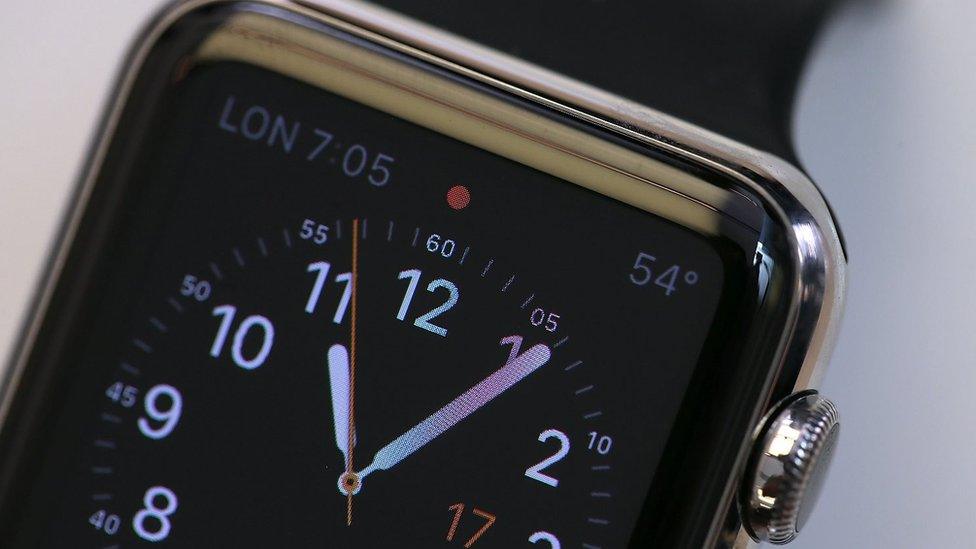
It wasn't so long ago that the experts were debating whether Apple's wearable tech would be it's next "game-changing" product.
Back in March, there was speculation users would switch their attention away from their smartphone screens and focus more on their wrists. News that Apple was going to price its top-end models at $17,000 (£11,500) without the possibility of an upgrade caused some company-watchers to wince.
As it turned out, the device appears to have sold in respectable numbers - better than any other smartwatch on the market, but significantly less than the firm's other flagship products, if analysts estimates are to be believed.
The jury's still out on the smartwatch category as a whole, but that hasn't prevented speculation about what features the Apple Watch 2 might include, external spreading in recent weeks.

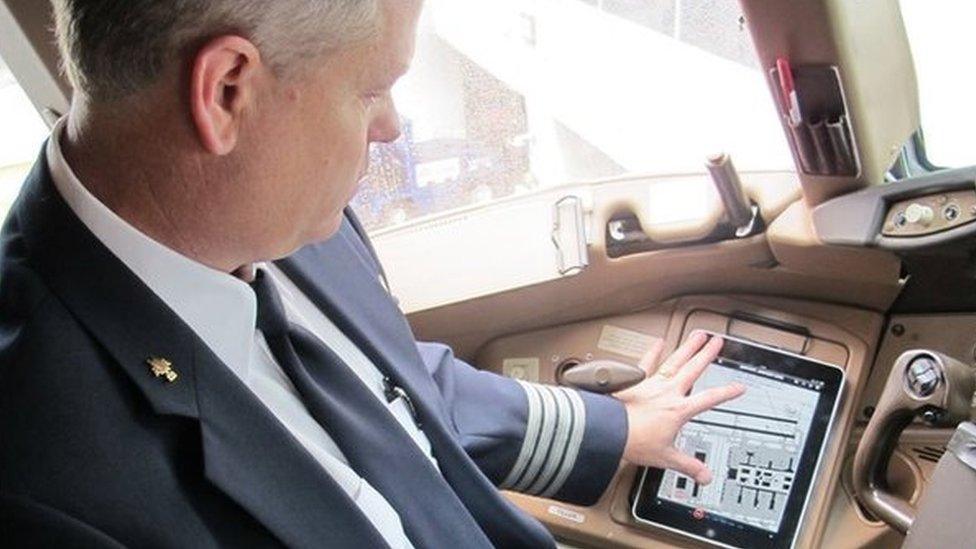
American Airlines says it is still investigating the cause of the glitch
American Airlines' efforts to make its cockpits "paperless" briefly backfired when the app providing its pilots with maps and other flight information refused to work.
Dozens of the firm's jets were grounded until the developers of FliteDeck came up with a fix.
It wasn't the only software fault to cause problems for the industry.
In both June and July, United had to ground flights because of other IT setbacks, and then in August a fault with the Federal Aviation Administration's systems caused hundreds more planes to take off late.

Richard Taylor explains how the Tesla home battery would work
Elon Musk is still best known for his electric cars, space rockets and warnings about artificial intelligence.
But if he gets his way, the most common way some of us will come into contact with his tech will be plugging a device into one of our plug sockets.
The entrepreneur announced in May that he plans to sell large lithium-ion batteries that store solar power-generated energy in order to provide an eco-friendlier way to power our homes.
Mr Musk suggested the Tesla Powerwall would help change the "entire energy infrastructure of the world".
But the batteries are not cheap. We'll get a better idea how they work when deliveries start next year.

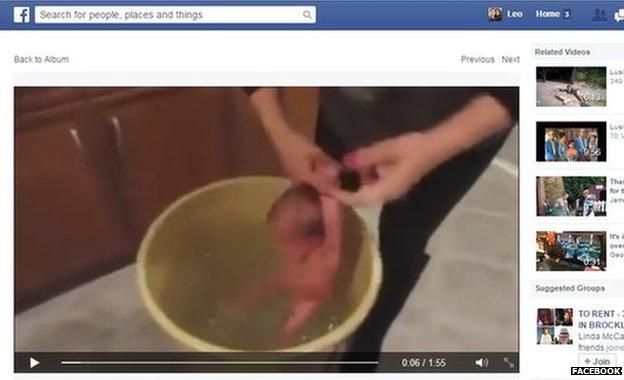
Facebook was criticised by a UK-based child protection charity after its moderators refused to remove a video showing a crying baby being repeatedly dunked in a bucket of water.
There were suggestions that the footage showed a form of "baby yoga". But the charity said the child was terrified and sobbing, and that the actions amounted to child abuse.
The case highlighted a clash of cultures between the social network, which wants to allow its users to post and comment about potentially distressing content, and those who think it has a responsibility to censor extreme examples.

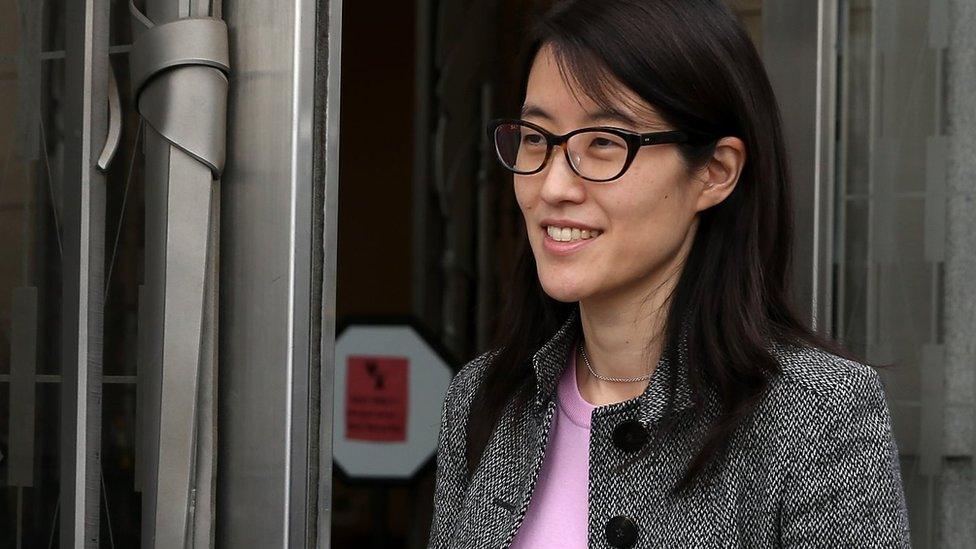
It's been a tough year for Reddit's ex-chief executive Ellen Pao.
Back in March she lost a high-profile sexual discrimination case that she had brought against the Silicon Valley venture capital firm she had previously worked at.
Then in June she faced a user-backlash when Reddit banned some of the more controversial topic threads on its social news site.
But it was not until July that matters came to a head when it emerged that one of the site's popular employees had been sacked.
Volunteer moderators closed down large parts of the platform, which they controlled, in protest.
A week later Ms Pao resigned.
Later reports, however, suggested that Ms Pao had unfairly been blamed for the affair.

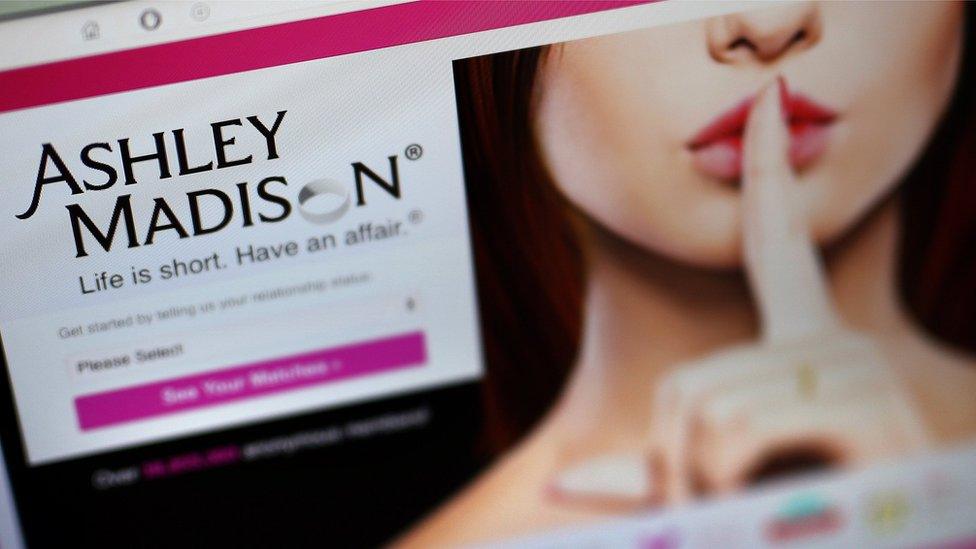
Earlier in the year, the dating service for love-cheats had planned to cash in by floating on the London Stock Exchange.
But by August, it was fighting for its very existence after a data dump exposed details of more than 33 million of its users' accounts.
The hack caused the firm's founder to resign, but also had ramifications that reached far beyond the Canadian firm's offices.
News that police believed the leak had resulted in at least two suicides was the most read story on the BBC's Tech section this year, and highlighted the devastation the security breach had had on people's lives.
Blackmailers continue to try to exploit the hack - whose perpetrator has never been caught - with a recent report of letters being posted to Ashley Madison users threatening to expose their identities.

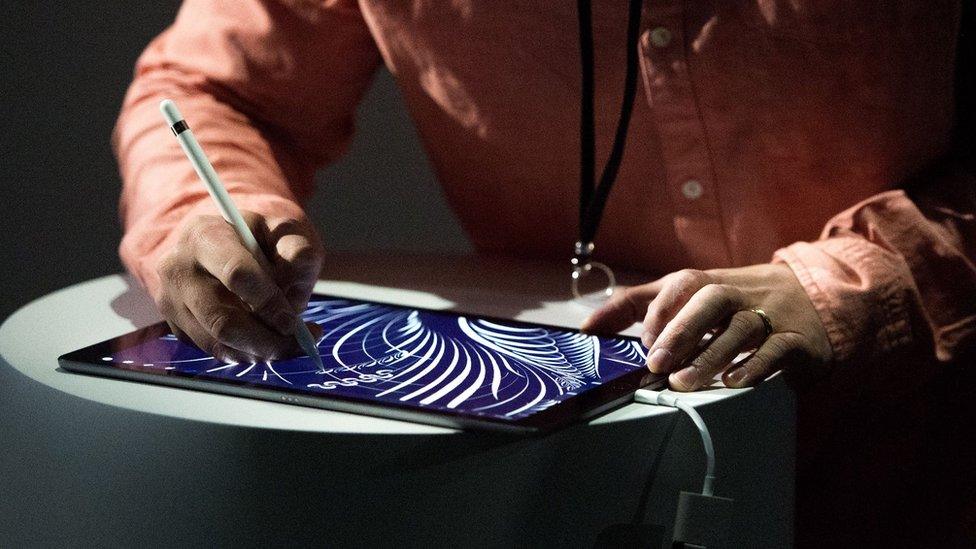
Over recent years, Apple has organised two Autumn events to unveil its latest products. This year it packed all the news into one mammoth announcement.
A new Apple TV set top box, a refreshed iPhone and new larger iPad Pro were all unveiled.
But the focus for many was the Apple Pencil. Critics made hay of the fact that when Steve Jobs was in charge, he had seemingly mocked the idea that Apple would make a stylus for one of its i-devices.
But when the reviews came in, the add-on was widely praised as a design tool.
Whether or not it, and the larger tablet, will reverse a decline in iPad sales is still to be determined.

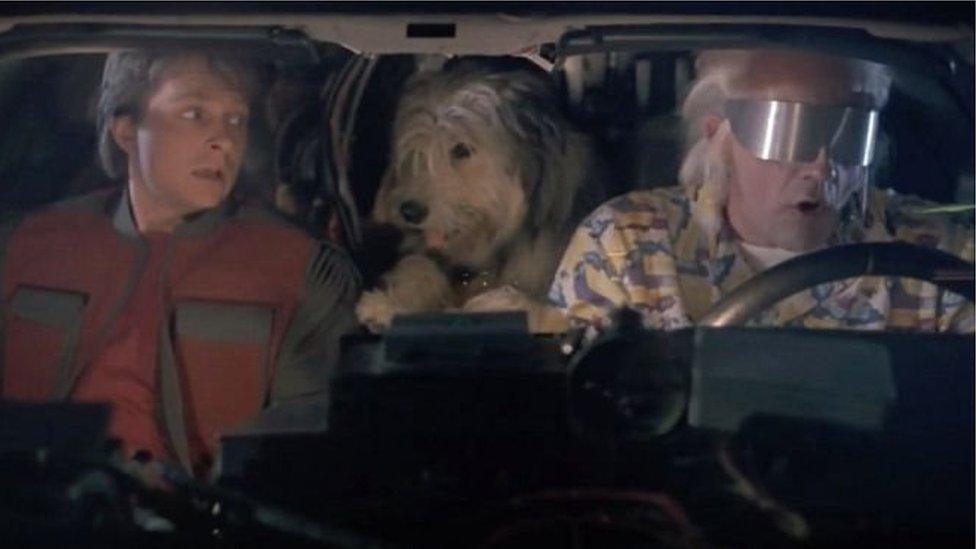
Few would rank the second Back to the Future film as the best in the series.
But such is the affection people hold for the trilogy that the date that Marty and Doc Brown travelled forward in time to - 21 October 2015 - proved to be a huge cultural phenomenon.
We picked through the movie to see what predictions it had got right and wrong when filmed in 1989.
And, if you haven't already done so, it's worth seeing Michael J Fox and Christopher Lloyd reprise their roles for the Jimmy Kimmel show, external.

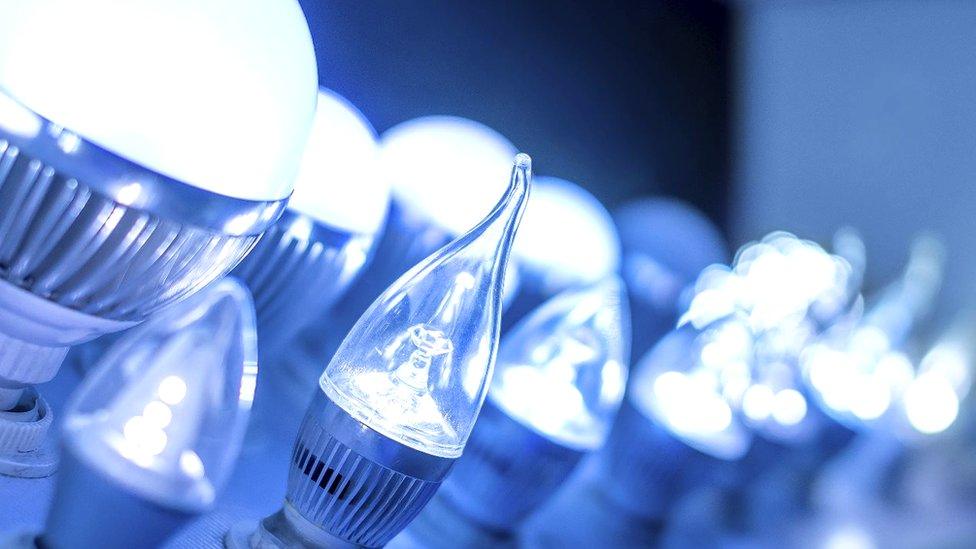
As the European nights darkened, a Estonian start-up brought news that it had been able to use LED light bulbs to transmit data at speeds of one gigabits per second.
It wasn't the first time we'd reported about Li-fi - we first discussed the concept of transmitting data, external via the light shone from bulbs back in 2011.
But what made this significant was that the tech firm had got it working in a normal office, where it provided both light and internet access to staff.
In time, engineers believe they can boost speeds up to 224Gbps.

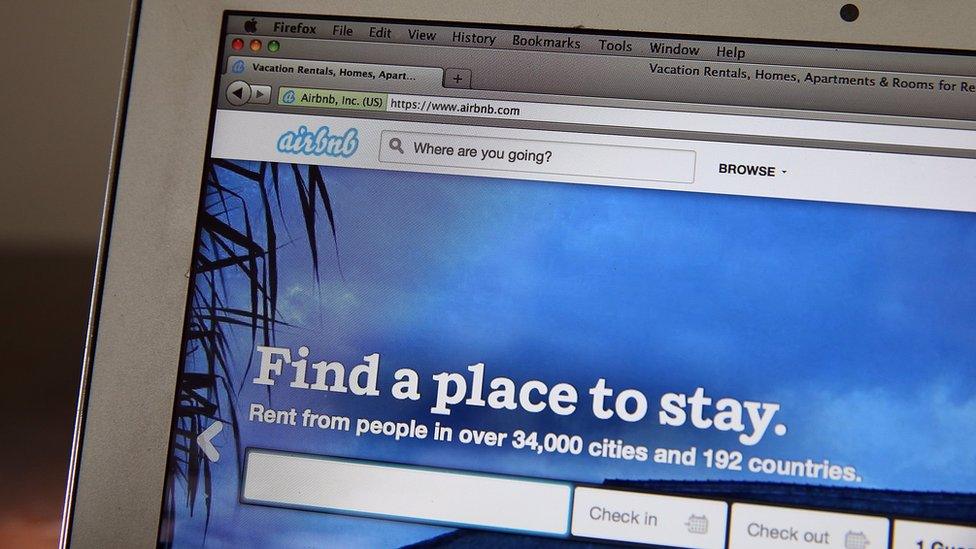
Ending the year on a somewhat downbeat note was evidence that people with African-American sounding names find it harder to book rooms on AirBnB than those with white-sounding ones.
The report was based on a survey of 6,000 hosts across five US cities, external carried out by researchers at Harvard University.
AirBnB acknowledged that discrimination was an issue, but defended its policy of requiring travellers to use their real names to reserve rooms on the basis that this engendered trust between visitors and their hosts.
- Published31 December 2014

- Published23 December 2013
